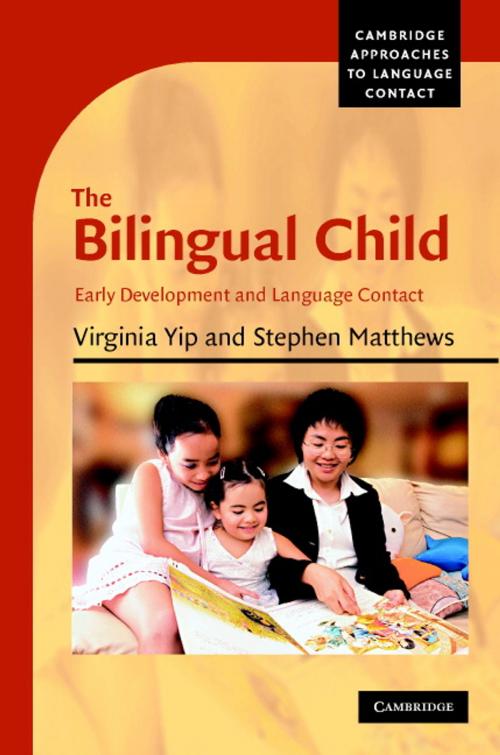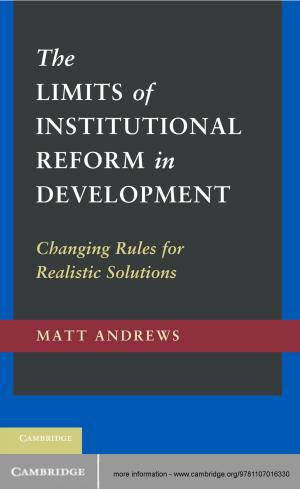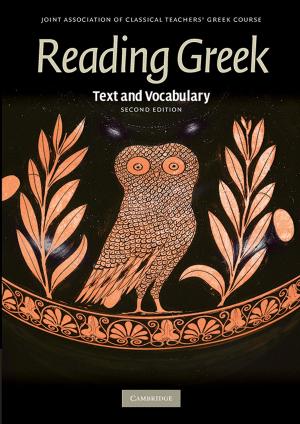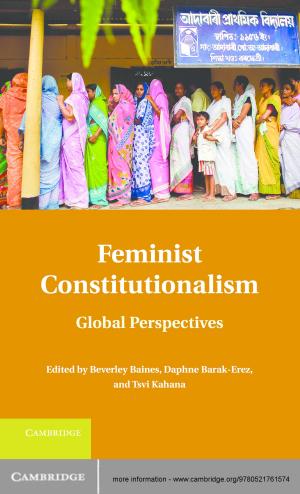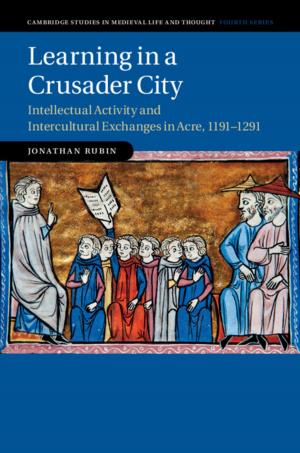The Bilingual Child
Early Development and Language Contact
Nonfiction, Reference & Language, Language Arts, Linguistics, Health & Well Being, Psychology| Author: | Virginia Yip, Stephen Matthews | ISBN: | 9781139234894 |
| Publisher: | Cambridge University Press | Publication: | August 27, 2007 |
| Imprint: | Cambridge University Press | Language: | English |
| Author: | Virginia Yip, Stephen Matthews |
| ISBN: | 9781139234894 |
| Publisher: | Cambridge University Press |
| Publication: | August 27, 2007 |
| Imprint: | Cambridge University Press |
| Language: | English |
How does a child become bilingual? The answer to this intriguing question remains largely a mystery, not least because it has been far less extensively researched than the process of mastering a first language. Drawing on new studies of children exposed to two languages from birth (English and Cantonese), this book demonstrates how childhood bilingualism develops naturally in response to the two languages in the children's environment. While each bilingual child's profile is unique, the children studied are shown to develop quite differently from monolingual children. The authors demonstrate significant interactions between the children's developing grammars, as well as the important role played by language dominance in their bilingual development. Based on original research and using findings from the largest available multimedia bilingual corpus, the book will be welcomed by students and scholars working in child language acquisition, bilingualism and language contact.
How does a child become bilingual? The answer to this intriguing question remains largely a mystery, not least because it has been far less extensively researched than the process of mastering a first language. Drawing on new studies of children exposed to two languages from birth (English and Cantonese), this book demonstrates how childhood bilingualism develops naturally in response to the two languages in the children's environment. While each bilingual child's profile is unique, the children studied are shown to develop quite differently from monolingual children. The authors demonstrate significant interactions between the children's developing grammars, as well as the important role played by language dominance in their bilingual development. Based on original research and using findings from the largest available multimedia bilingual corpus, the book will be welcomed by students and scholars working in child language acquisition, bilingualism and language contact.
